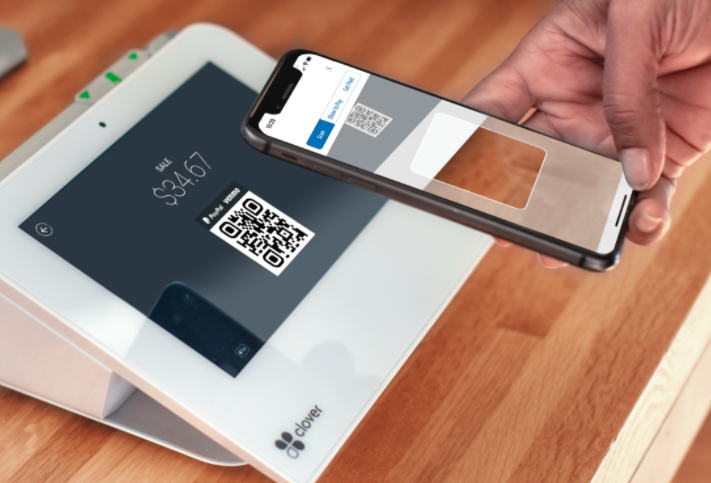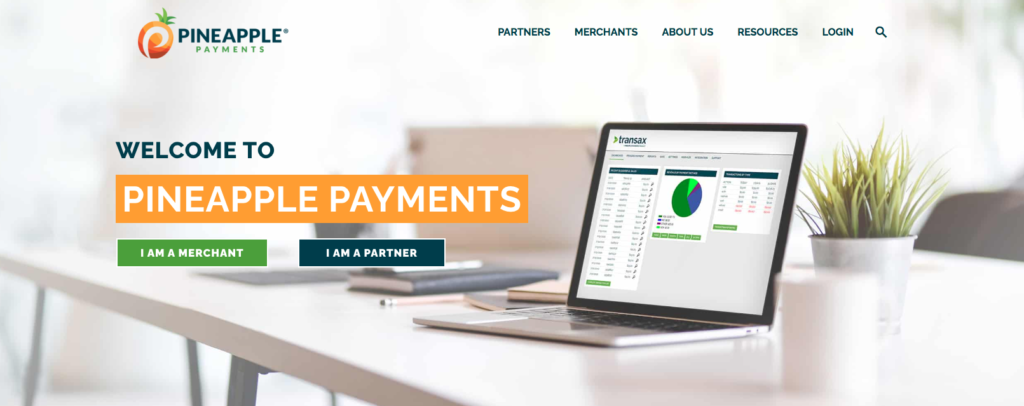
- Digital conversations platform Eltropy has integrated with Fiserv’s account processing platform Portico.
- The integration will enable credit unions using Portico to use Eltropy solutions such as advanced Text, Video, and co-browsing.
- Eltropy most recently demoed its technology last year at FinovateFall.
Digital conversations platform for community financial institutions (CFIs) Eltropy announced an integration with Fiserv’s full-service account processing platform Portico today. The integration will enable credit unions using Portico to leverage a variety of Eltropy communications solutions. These include advanced Text, Video, Secure Chat, co-browsing, screen sharing, and chatbots. And all of this functionality is contained within a single platform.
“This partnership with Fiserv allows us to boost efficiency and improve communications capabilities and security – including two-factor authentication – for even more community financial institutions,” Eltropy VP of Strategic Partnerships Jason Smith said. “This integration has the potential to elevate member engagement across all channels, equipping credit unions with the tools they need to thrive in today’s competitive landscape.”
Eltropy’s technology empowers credit unions to sync contacts, send promotional texts, and offer personalized, one-on-one conversations with members. The Portico integration will support communications between departments, facilitating secure and efficient interactions between lending, collections, sales, marketing and other internal sources.
The ability to sync contacts was a particular highlight of the integration. Eltropy’s sync-up feature enables credit unions to integrate member data with Eltropy’s Digital Conversations Platform. Unveiled last month, the Digital Conversations Platform unifies Eltropy’s Video Banking, Enterprise Texting, and Digital Contact Center solutions, and adds AI capabilities, as well. This integration will give credit unions comprehensive member insights that can drive member segmentation and make more personalized products and services possible.
“Integrating Eltropy’s innovative messaging capabilities into our Portico core banking platform allows credit unions to streamline communication and enhance member engagement,” Fiserv VP of Product Management & Strategy for Credit Union Solutions Vanessa Stock said. “Messages can now be sent directly from the application, cutting call center wait times and building stronger member relationships.”
A Finovate alum since 2017, Eltropy made its most recent Finovate appearance last September at FinovateFall. At the event, the company demoed Eltropy One, the firm’s all-in-one omni-channel solution that enables FIs to manage both inbound and outbound communications from a universal console. Eltropy has forged a number of new credit union partnerships this year, including alliances with InRoads Credit Union and Cyprus Credit Union. The company has also partnered with a number of fintechs, including fellow Finovate alums Akuvo, Q2, and Alkami.













